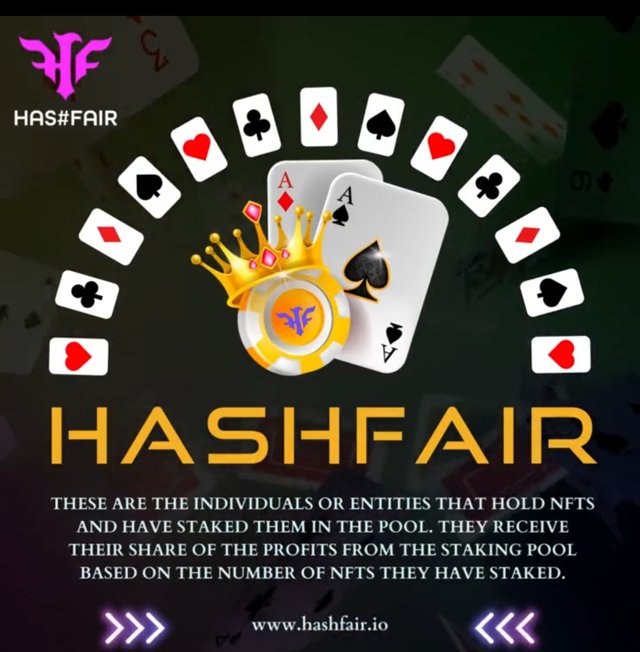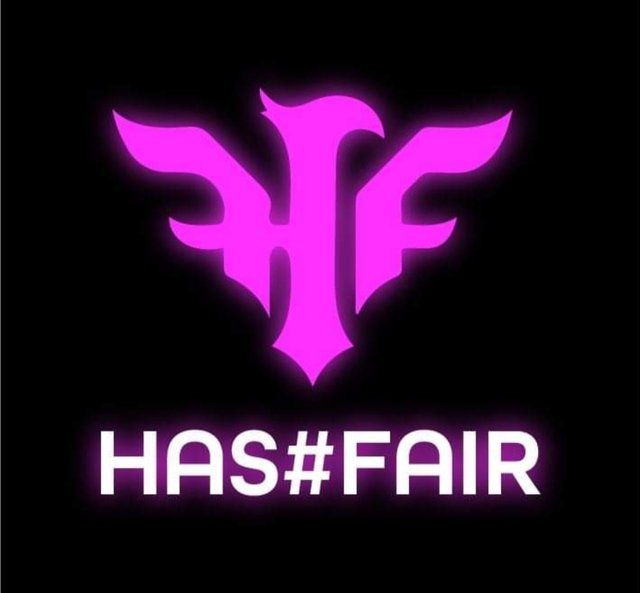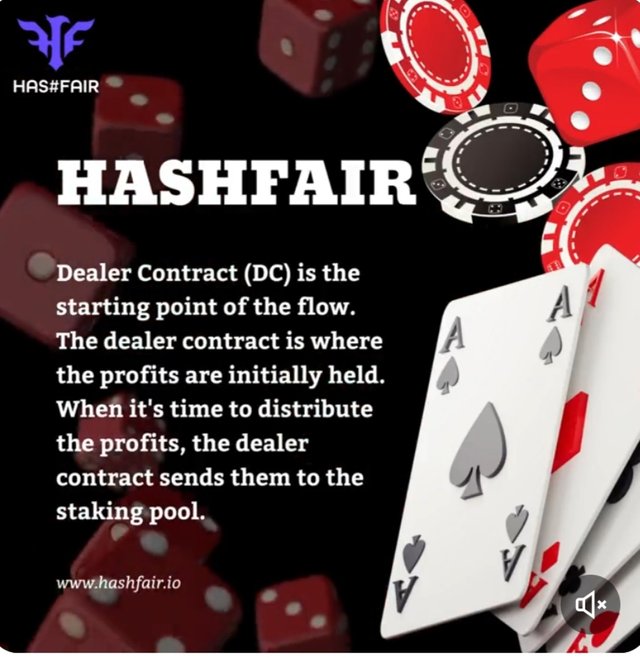
Web 3.0 or Web3 is a term that refers to the concept of an internet ecosystem that is more open, operates autonomously, and is managed in a decentralized manner. Created by Gavin Wood, Web3 is the evolution of the internet that wants to move away from the centralization of Web2. The Web2 system is centralized to the big companies that control the internet (Google and Amazon).
The decentralized concept that is central to Web3 is naturally compatible with cryptocurrency and blockchain technologies. Moreover, many web3 application developers come from the crypto industry and actively cooperate with various blockchains such as Ethereum. Many in the crypto community believe that the future of Web3 will use blockchain technology as its foundation. This assumption is based on the trustless, permissionless, and open-source nature of blockchain.
Basically, blockchain can facilitate an open system where data and computer algorithms become intermediaries that connect all users without the need for intermediaries. Blockchain technology will increase the breadth of Web3 accessibility with features such as trustless payments and decentralized governance. The blockchain governance layer allows two unknown parties who do not trust each other to negotiate and complete deals online.
With the ability to provide cryptographic proof of an irremovable series of transactions, the role of blockchain on Web3 is critical. Especially in increasing the level of trust among Web3 network users. Gamers in the Web3 environment can collect and add digital NFT assets across the metaverse thanks to the decentralization of gaming. This allows them to maintain control over the information data and assets they own.
Blockchain-based games like Axie Infinity also allow players to earn money by accumulating cryptocurrency as they play. Later, this cryptocurrency can be converted into fiat money. HashFair harnesses the power of blockchain to replace the traditional trusted third party with smart contracts. These autonomous agents automatically reward all key contributors, from game developers and referrers to operators of independent platforms essential for gaming discovery. Our advanced system can create a marketplace for permission less decentralize game developers and foster a multitude of independent front-end platforms where players can discover and engage with games that are undisputedly fair and no one can raise a question on the integrity and randomness of these games.
Join us as we embark on this journey to revolutionize the gaming industry, bridging the gap between traditional gaming and the promise of Web 3.0 technologies. Welcome to the world of HashFair – where every player can experience fair play.

About Hashfair
HashFair is an innovative online games platform pioneering the integration of Web 3.0 technologies within the gaming industry. Built upon the robust infrastructure of blockchain technology, decentralized finance (DeFi), and smart contracts, HashFair has introduced the world's first decentralized dealer. Operating autonomously on an immutable smart contract, this decentralized dealer is a groundbreaking feature that has the potential to revolutionize the online gaming landscape.
Traditional online games platforms often rely on a centralized authority or a 'trusted third party' to maintain fair play, which can create a layer of opacity and mistrust. HashFair, however, disrupts this approach by providing an autonomous dealer that guarantees both the integrity of game outcomes and the immediacy of transactions. By leveraging blockchain technology, all game outcomes are transparent, traceable, and tamper-proof, which not only instills trust among gamers but also removes the need for a central authority.
Moreover, HashFair differs significantly from conventional 'provably fair' and 'Random Number Generator (RNG)' models prevalent in the online gaming domain. While the 'provably fair' systems provide a certain degree of transparency and the RNG models ensure unpredictability in game outcomes, they both operate within a centralized framework, thereby inherently entrusting a single entity with the responsibility of fair play. HashFair skillfully integrates the best features of both these models while eliminating their shared drawback of centralization. The result is a gaming environment that is not just provably fair but also visibly fair.
In addition to this, HashFair addresses common pain points in traditional online gaming, such as delays in withdrawals and the risk of funds getting stuck due to centralized controls. By leveraging the power of DeFi and smart contracts, HashFair ensures a pool of locked liquidity, facilitating seamless, immediate, and immutable withdrawals. The decentralization of game outcomes and payments also significantly reduces the risk of funds being stuck or confiscated, thereby cultivating trust among gamers and fostering a more secure and robust gaming ecosystem.
HashFair's profitability also plays a significant role in enhancing the value of its native HF tokens. A unique deflationary mechanism is in place, whereby the profits generated from the gaming operations are used to buy back HF tokens from the open market. Once bought, these tokens are permanently removed from circulation or 'burned.' By reducing the total supply of HF tokens over time and maintaining or increasing the demand, this mechanism leads to an appreciation in the token's value, benefiting all HF token holders.
In summary, HashFair is not just pioneering the next evolution in online gaming but is also reinventing the standard of fairness and trust in the industry. With the world's first decentralized dealer, it is building a gaming ecosystem that is both secure and engaging, harnessing the best elements of blockchain technology, DeFi, and smart contracts. This innovative model promises to propel the gaming ecosystem into the future, offering an experience that is transparent, autonomous, and immensely rewarding for its participants.
Features HashFair
HashFair offers a decentralized and transparent gaming ecosystem that sets us apart from traditional centralized online gaming systems. Here's a breakdown of the differences and a SWOT analysis highlighting why HashFair is the better choice:
- Transparency and Trust:
Centralized System: In a centralized system, players must trust that the operator is fair and transparent, without any means to independently verify the outcomes.
HashFair: We leverage blockchain technology to ensure transparency and trust. Every game outcome is derived from decentralized smart contracts, providing a verifiable and tamper-proof record of fairness.
- Security and Control:
Centralized System: Centralized platforms require players to deposit and hold funds within the platform, leaving them vulnerable to risks such as hacking or fund mismanagement.
HashFair: With HashFair, players maintain control over their funds in their own decentralized Web 3.0 blockchain wallets, minimizing the risk of fund loss and enhancing security.
- Immutable Game Rules:
Centralized System: In a centralized system, game rules can be subject to change or manipulation, impacting the fairness of gameplay.
HashFair: Game rules on HashFair are written on decentralized smart contracts, ensuring they remain unalterable and transparent. Players can trust that the rules are consistently applied, providing a fair gaming experience.
- Fair Profit Distribution:
Centralized System: In a centralized system, profits generated by the platform are typically retained by the operator, with limited benefits for the players.
HashFair: We believe in community-driven success. HashFair automatically distributes 80% of profits to an exclusive NFT pool, benefiting the community. Additionally, 20% of profits are burned, increasing the value for token holders.
SWOT Analysis:
Strengths:
Decentralized and transparent ecosystem.
Immutable game rules for fair gameplay.
Secure control over funds in personal wallets.
Fair profit distribution through the NFT pool.
Weaknesses:
Potential learning curve for users unfamiliar with blockchain technology.
Relatively new concept compared to established centralized platforms.
Opportunities:
Growing demand for transparent and fair gaming platforms.
Expansion into new markets and partnerships.
Continual innovation and improvement based on user feedback.
Threats:
Regulatory challenges in the evolving landscape of blockchain and gaming regulations.
Competition from established centralized platforms.
Vision of HashFair
"Transforming Online Gaming through Blockchain Innovation".
Our vision is to revolutionize the online gaming industry by creating a transparent, secure, and innovative platform that offers an unparalleled gaming experience. We strive to be the leading destination for gamers worldwide, providing a diverse range of exciting games, powered by cutting-edge blockchain technology.
Mission of HashFair
"Empowering Players with Transparency, Trust, and Unforgettable Gaming Experiences"
Our mission is to establish Hash Fair as a trusted and forward-thinking platform that sets new standards in online gaming. We are committed to delivering fairness, transparency, and integrity to our users through decentralized smart contracts and secure payment systems. We aim to foster a vibrant and engaged community, driven by our passion for innovation and continuous improvement. By combining technology, user-centric design, and exceptional gameplay, we aspire to redefine the way people engage in online gaming, ensuring an immersive, enjoyable, and responsible gaming environment for all.

HashFair Dealer Contract
The HashFair Dealer Contract is primarily responsible for managing the supply of HFG Tokens and distributing profits among NFT holders. However, it does not directly handle gaming round transactions. The gaming round transactions are typically handled by other contracts or components of the HashFair platform.
In the context of a gaming round, the Dealer Contract may be involved in the following ways:
Token Transfer: When a player participates in a gaming round, they may need to transfer HFG Tokens to a specific contract or address to place their bets. The Dealer Contract can facilitate this token transfer by allowing players to interact with it and transfer their HFG Tokens to the appropriate gaming contract.
Profit Distribution: After a gaming round is completed and profits are generated by the platform, the Dealer Contract receives a portion of these profits from the platform's profit calculation mechanism. The Dealer Contract then distributes a percentage of this profit (usually 1%) among the NFT holders according to their stake in the platform.
Updating Token Balances: As profits are distributed to NFT holders, the Dealer Contract updates the token balances of each holder based on their share of the profit. This ensures that the NFT holders' HFG Token balances accurately reflect their earnings.
Join HashFair today and be part of the future of online gaming, where users are not just players but active contributors and beneficiaries of our community-driven platform. Together, we will revolutionize the industry, shaping a gaming experience that truly reflects the desires and interests of our community members.
#HashFairGames #HashFair #HFG #blockchain #cryptocurrency #technology #bitcoin #money #crypto #Polygon #Matic #cryptocurrencies #fintech
For More Information
Website: https://hashfair.io/
Twitter: https://twitter.com/hashfair_games
Facebook: https://www.facebook.com/hashfairgames
Reddit: https://www.reddit.com/r/Hashfair/
Meddium: https://medium.com/@hashfairgames
Github: https://github.com/thehashfairgames
Youtube: https://www.youtube.com/@hashfairgames
Whitepaper: https://docs.hashfair.io/
Author:
Username: lenteraku
Forum Profile Link: https://bitcointalk.org/index.php?action=profile;u=2644531
Telegram : @lenteraku90
Polygon Wallet Address: 0xAE3A92a68CeE4b9e5EC1ea6E2041781B34E34df6
I really love playing online casino games by the way, but when I first started out I didn't know how to do all that at all. By smchastya found those manuals that helped me at the initial stage. If you also want to play in the casino but do not know where to start first of all start with https://rep-gaming.org/how-to-learn-to-play-in-online-casinos/ this article is just on the topic. Look. read and already much will be clear regarding the game in the casino.
Downvoting a post can decrease pending rewards and make it less visible. Common reasons:
Submit